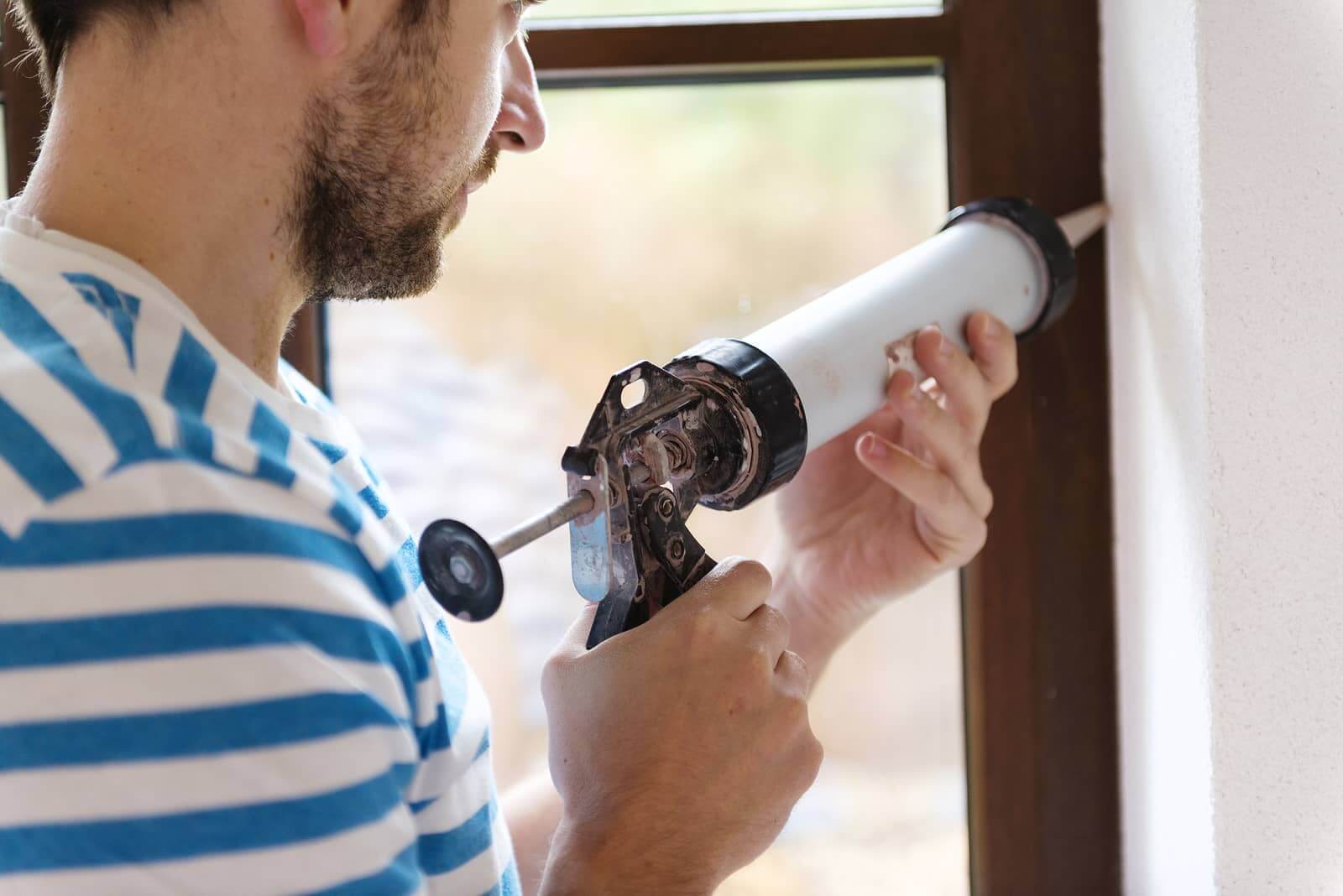9 of the Best Winter Energy Saving Tips
Energy-efficiency is the long-term goal of most property owners because with it comes cost-saving benefits. Every household wants to save money considering the high cost of pretty much everything else in life.
If you’re also looking for ways to reduce your energy bill (especially during extreme weather when your HVAC system is the main source of your home’s comfort), we have here some of the best winter energy saving tips for you to try.
Here’s my list of the 9 best energy savers for Winter
1. Use ceiling fans for better “heated” air distribution
Fans will help circulate air faster. Set the blades to run clockwise to trap heat inside your home during the winter. Plus, when you turn the ceiling fan low, it will be more effective in keeping hot air from rising
Electric fans don’t cost much to operate, so use them to your advantage in the winter.
2. Use heavy drapes or curtains for window
Glass windows and doors are trouble areas in the winter. The common situation with glass windows and doors during this season is that while the heat doesn’t escape through little holes around the frame, it does through the glass components.
Covering the windows up with thick, heavy drapes is a great solution and one of the most reliable ways to save on heating costs. Thick curtains can serve as additional insulation for the home helping your HVAC system consume less energy than it should. This keeps your home warm and toasty.
3. Repairs and upgrades- if you don’t mind investing some money to hire a BPI-certified contractor
The main advantage of doing so is that you have a knowledgeable professional (who thoroughly understand how insulation, air sealing, and duct sealing affect a household’s cost of living) working on your home. You can rest assured that he will pay full attention to ensuring all of these components are properly in place and working effectively to prevent energy loss, especially during the winter season.
4. Have the ducts inspected for air leaks.
Thirty to 40 percent of a home’s conditioned air leakage can usually be found in the ductwork. This percentage is no joke when converted to cash that your household could use elsewhere.
It’s important to note that damaged/leaky ducts do not only overwork the HVAC system but waste energy. Not to mention, leaky ducts create poor indoor air quality. You may notice members of the family getting headaches, allergy attacks, and respiratory issues often. These are costly problems to take care of.
So, better to have those leaks sealed, or if you have the money, replace the entire duct system. Replacing the duct systems may actually increase the market value of the home – an important advantage if you’re considering selling your home in the future.

5. Keep an eye out for other places where air could possibly leak as well.
Holes in the wall, loose window frames, the areas around doors, the attic, and a few other places should be inspected for air leaks too. These make it difficult for the HVAC system to achieve the right indoor climate; forcing it, once again, to consume more energy. Most of these simple repairs for air leaks can be done yourself.
6. Have your furnace checked.
Turn to professional heating services that can properly evaluate the efficacy and efficiency of your furnace. Keeping operation costs low depends on how well the equipment works. It may need cleaning and a few repairs.
So, invest in professional heating maintenance services. Don’t worry about the cost because carrying out this responsibility will not only reduce your heating expenses for the winter, but it will also extend the functional lifespan of the equipment.
7. Heat only the rooms you actually use.
This is a very practical method of ensuring energy savings this winter. There’s no need to heat the rooms that are not occupied because basically, you’re using costly energy to no one’s benefit. Seal off the vents in guest rooms when not in use.
8. Turn your thermostat down at night.
This is a tip recommended by the U.S. Department of Energy. Turning your thermostat down by 10 to 15 degrees can save households up to 10 percent a year on heating. When it’s really cold at night, just bundle up well and use your thick comforter in bed. Piling on clothes doesn’t cost a thing.
9. Let the Sun in.
During the daytime when the sun’s rays are blazing, open your home to receive them. The heat your home can get from the sun can actually last well into the night if you trap it before the night chills the air in the evening.
These are some of the best and practical tips to conserve energy this coming winter. Combine all of them every day, and you’ll discover their huge impact on your monthly energy bill.